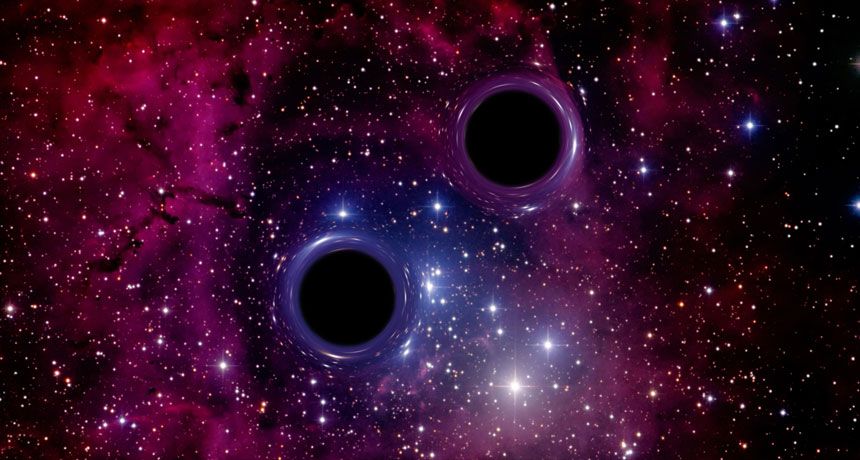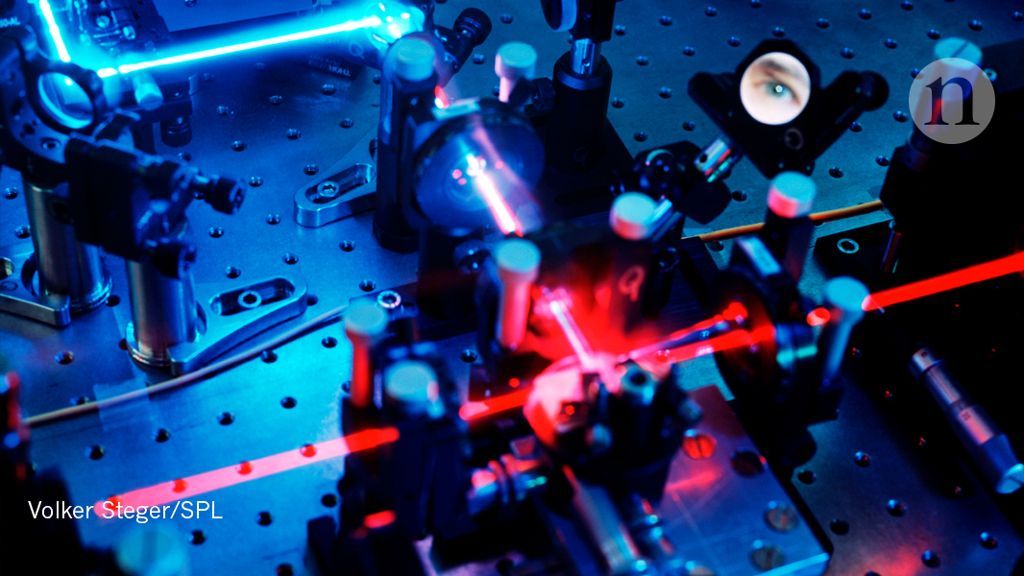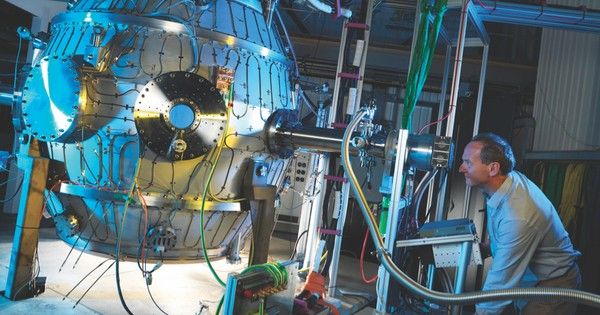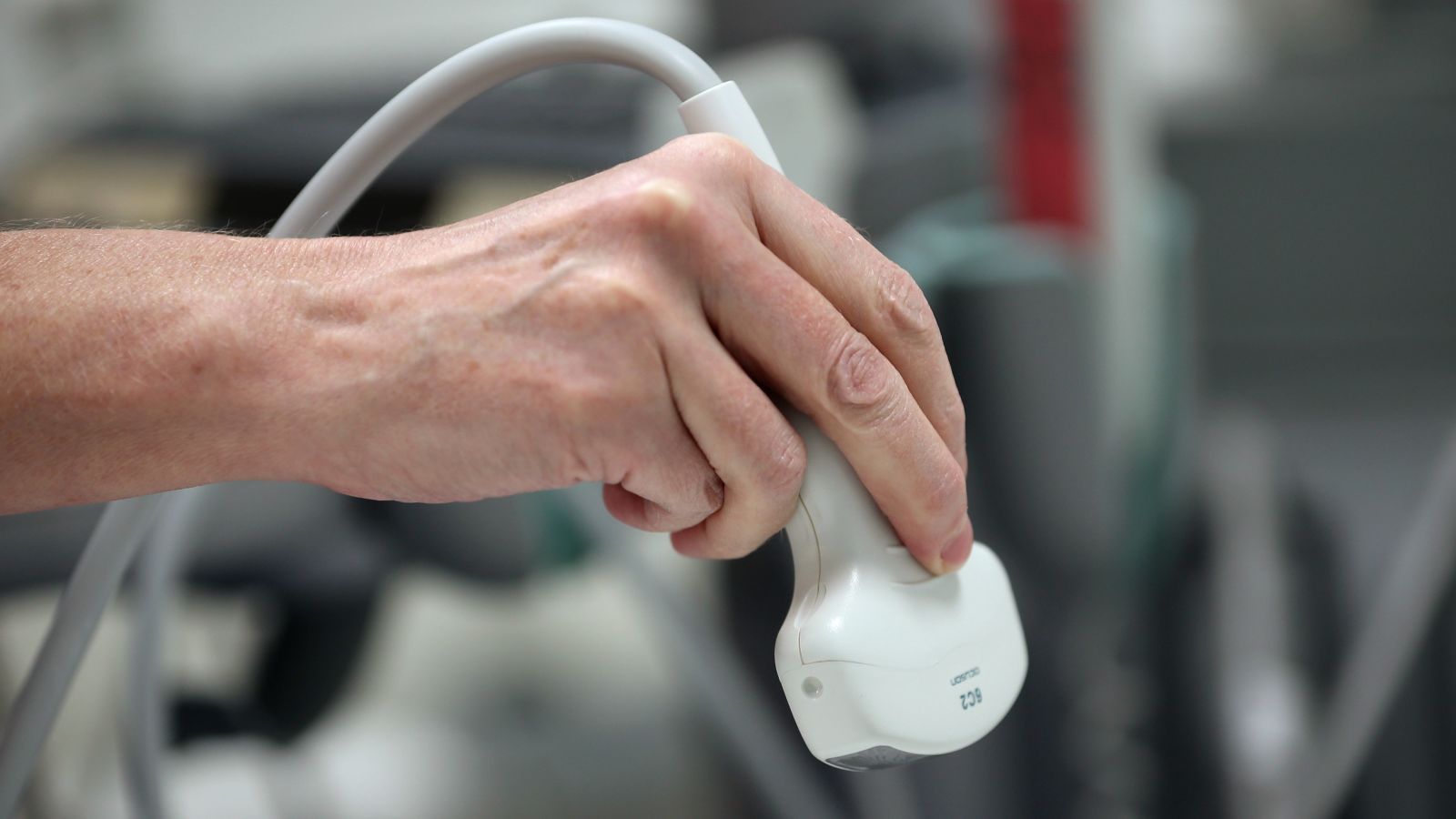The biggest black hole merger yet seen created one set of the spacetime ripples.




The longer-term answer is to develop and scale up the quantum communication network and, subsequently, the quantum internet. This will take major investments from governments. However, countries will benefit from the greater security offered13. For example, Canada keeps its census data secret for 92 years, a term that only quantum cryptography can assure. Government agencies could use quantum-secured blockchain platforms to protect citizens’ personal financial and health data. Countries leading major research efforts in quantum technologies, such as China, the United States and members of the European Union, will be among the early adopters. They should invest immediately in research. Blockchains should be a case study for Europe’s Quantum Key Distribution Testbed programme, for example.
Bitcoin and other cryptocurrencies will founder unless they integrate quantum technologies, warn Aleksey K. Fedorov, Evgeniy O. Kiktenko and Alexander I. Lvovsky. Bitcoin and other cryptocurrencies will founder unless they integrate quantum technologies, warn Aleksey K. Fedorov, Evgeniy O. Kiktenko and Alexander I. Lvovsky.



A team of doctors in Brazil have announced a medical first that could someday help countless women unable to have children because of a damaged or absent uterus. In a case report published Tuesday in the Lancet, they claim to have successfully helped a woman give birth using a transplanted uterus from a deceased donor.
According to the report, the team performed the operation on an unnamed 32-year-old woman in a Brazilian hospital in September 2016. The woman had been born with a rare genetic condition that left her without a uterus, known as Mayer-Rokitansky-Küster-Hauser syndrome, but she was otherwise healthy. The donor was a 45-year-old woman who had suddenly died of stroke; she had had three successful pregnancies delivered vaginally in the past.
A new report says it could take more than a decade to develop new cryptography schemes to keep data secure when quantum computers hit prime time.


Click on photo to start video.
LIVE ROCKET LAUNCH! Tune in to see us send approximately 5,600 pounds of research and supplies to the International Space Station aboard a SpaceX Dragon spacecraft. Liftoff of the Falcon 9 rocket is slated for 1:16 p.m. EST from from Space Launch Complex 40 at Cape Canaveral Air Force Station in Florida. Don’t miss the countdown to liftoff!
